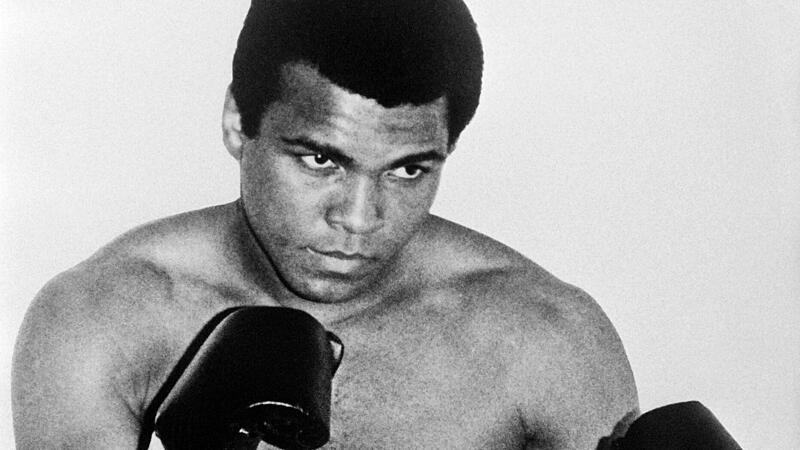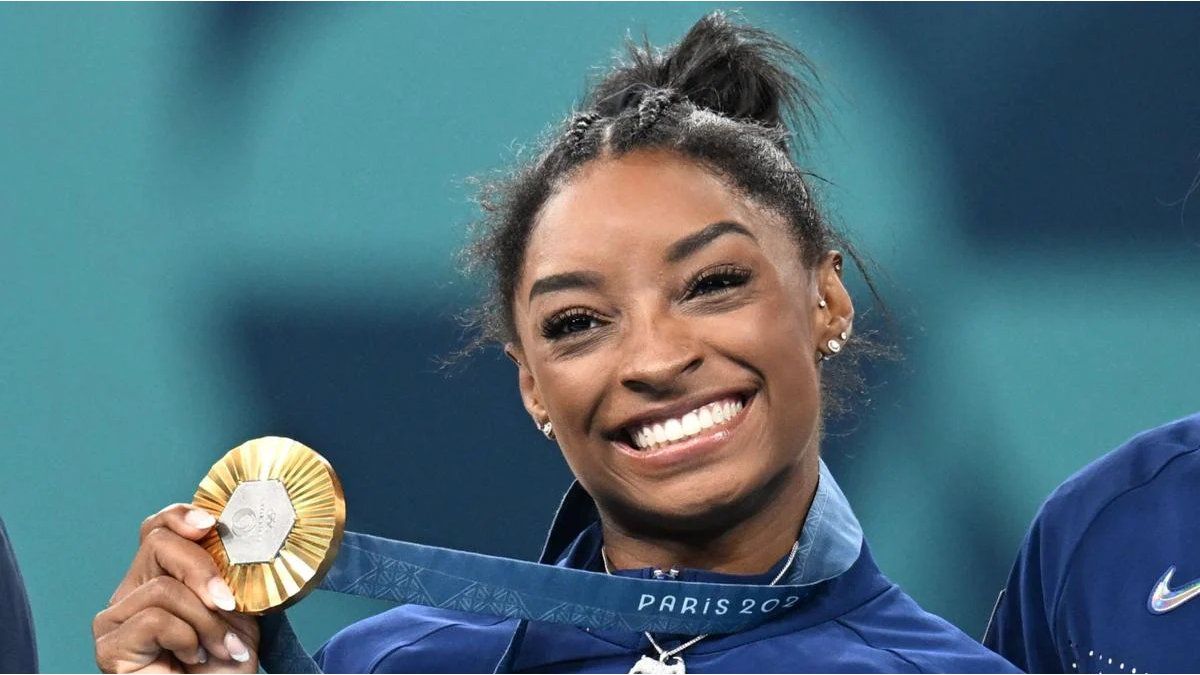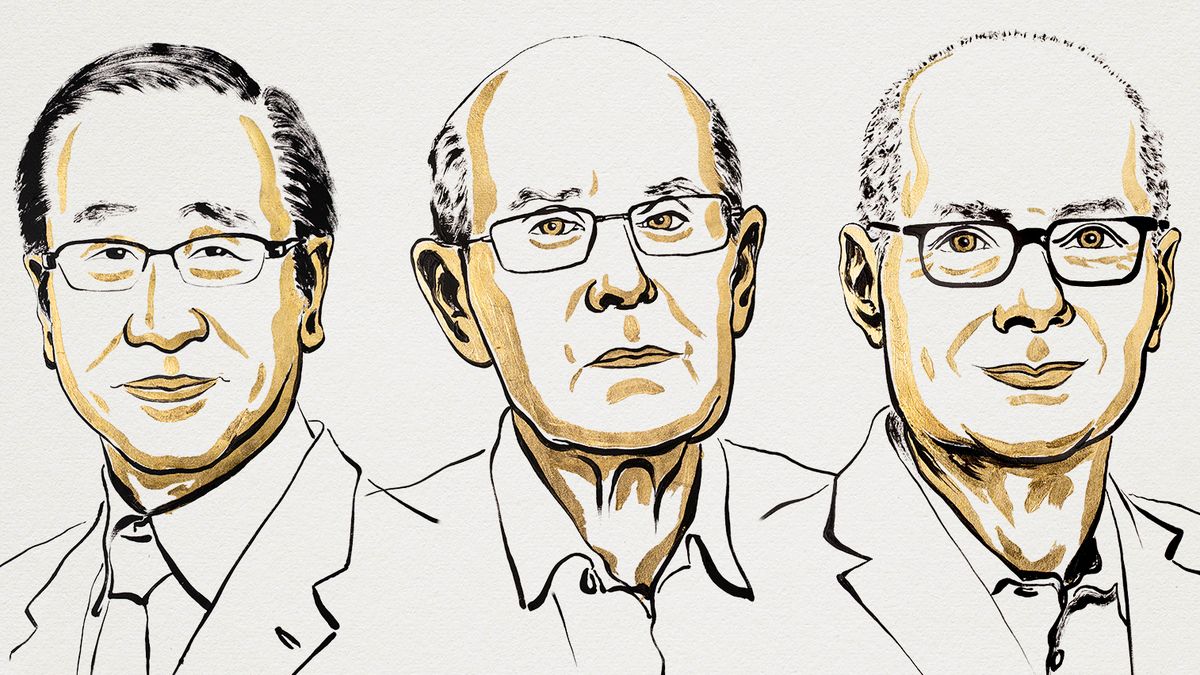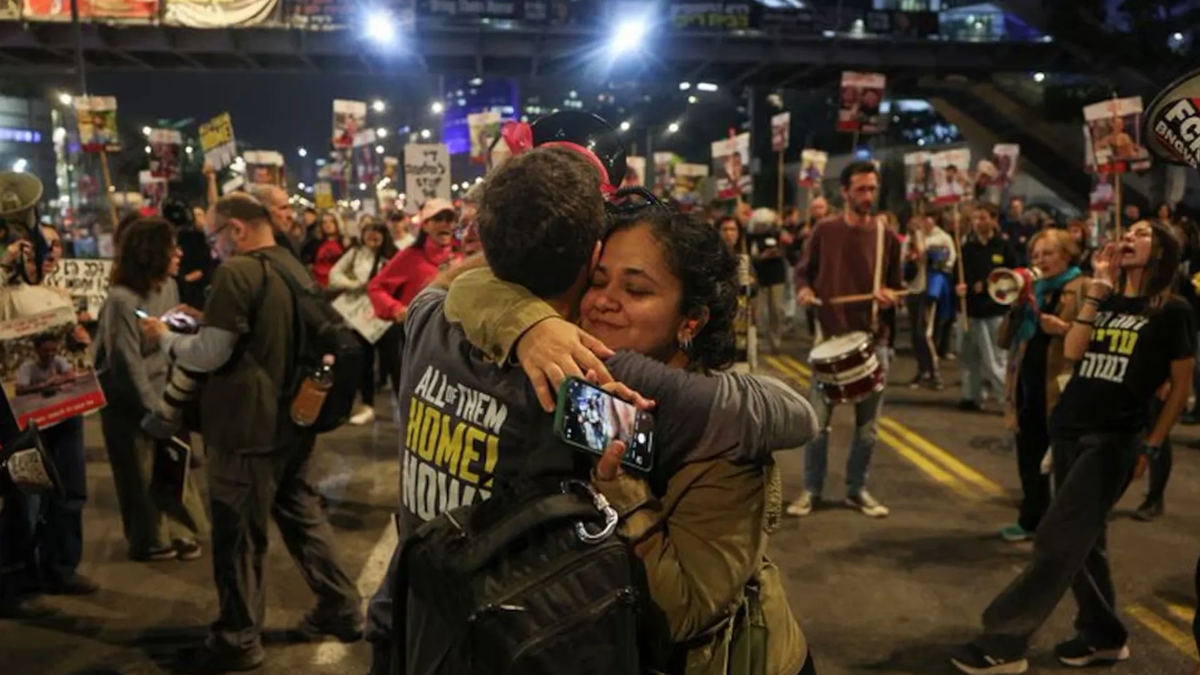Boxing is hanging on the ropes these days. There is a lack of superstars and big names, and there is even a threat of exclusion from the Olympics due to mismanagement and corruption. But the pugilists still draw on the good old days. “The biggest, the best and the most beautiful”, as he once described himself, is what many people miss most of all. Next Monday, Muhammad Ali, birth name Cassius Marcellus Clay junior, would have been 80 years old.
Ali died of blood poisoning on June 3, 2016. The complications were due to decades of Parkinson’s disease. “He didn’t suffer,” his widow Lonnie was to say at the funeral in his native city of Louisville, Kentucky, adding: “Muhammad fell in love with the masses and the masses fell in love with him.”
In fact, Ali, as he called himself after converting to the Islamic faith in 1964, was more than just a brilliant boxer, womanizer and badmouther, one who was the only one in history to have been world heavyweight champion three times and had many unforgettable fights such as delivered the “Rumble in the Jungle” against George Foreman or the “Thrilla in Manila” against Joe Frazier. He lured hundreds of millions around the world in front of the television.


“He was an icon who brought together Muslims and Christians, rich and poor, black and white, people of all backgrounds and social classes,” said former US President Barack Obama, and “one who fought for what was right . He fought for us.” Ali used his world star status again and again for political purposes. For example, by denouncing racism, refusing military service and even accepting a three-year ban at the height of his career. He also openly criticized the Vietnam War.
“When champions win, they are carried on people’s shoulders. When Muhammad Ali won, we were carried on his shoulders,” black US civil rights activist Jesse Jackson once wrote. In February 1964, Ali became the world heavyweight champion for the first time after winning gold at the 1960 Olympic Games as an amateur. He described his elegant boxing style with the words: “Float like a butterfly, sting like a bee.” Ali then crowned himself champion twice more. He fought a total of 61 professional fights, winning 56 of them.
Unforgotten are countless appearances by Ali, who fathered eight biological children with four women after his heyday in the boxing ring. For example, when he lit the Olympic flame at the 1996 Olympic Games in Atlanta, already marked by Parkinson’s, which had been diagnosed twelve years previously.
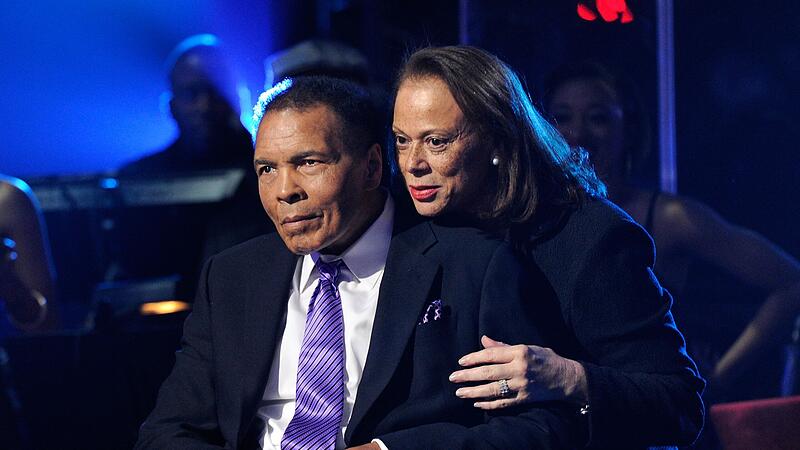

Memoirs of a Steyrer
The former Steyrer Boxing official Otto Lorenz remembers a special moment in Berlin in 2005. “I was the timekeeper at his daughter Laila’s world championship fight. Before it started, it suddenly became dead quiet when Ali was wheeled into the hall . Then someone started clapping and there was a standing ovation for minutes. We were close to tears.”
The legendary, former OÖN sports director Leo Strasser made it to superstardom in Munich in 1976 despite the highest security precautions and presented him with the “Mostdipf” prize of honor. Ali’s first reaction: “But he’s fat.” But fat there is only he. Then as now – and forever.
Ali’s moving life
1942: Cassius Clay was born on January 17 in Louisville (Kentucky), the first of his parents’ two sons.
1960: At the Olympic Games in Rome he wins gold in the light heavyweight division.
1964: After several successful world title defenses, Clay makes his membership in the “Nation of Islam” public and takes the name Muhammad Ali.
1967: World title revoked after refusing to do military service. In addition to his religion, Ali cited the lack of equal rights for African Americans as a reason. Ali is sentenced to five years in prison but is released on bail.
1971: On March 8, Ali loses one of his biggest fights to Joe Frazier on points. 400 million viewers around the world follow the fight on TV.
1974: In January Ali wins the rematch against Frazier. In the same year he achieved what is probably the greatest victory in the “Rumble in the Jungle” against George Foreman. Foreman had been undefeated in 40 fights up to that point.
1978: Ali loses the championship belt to Leon Spinks but wins the return match.
1981: He loses the last fight of his career against Trevor Berbrick.
1984: Parkinson’s disease is diagnosed.
1999: The IOC names Ali the “Sportsman of the Century” at the Vienna State Opera.
2012: Ali receives the Freedom Medal for his social commitment. It is his last official appearance.
2016: On June 3, “The Greatest” dies in retirement in Phoenix at the age of 74.
Source: Nachrichten

